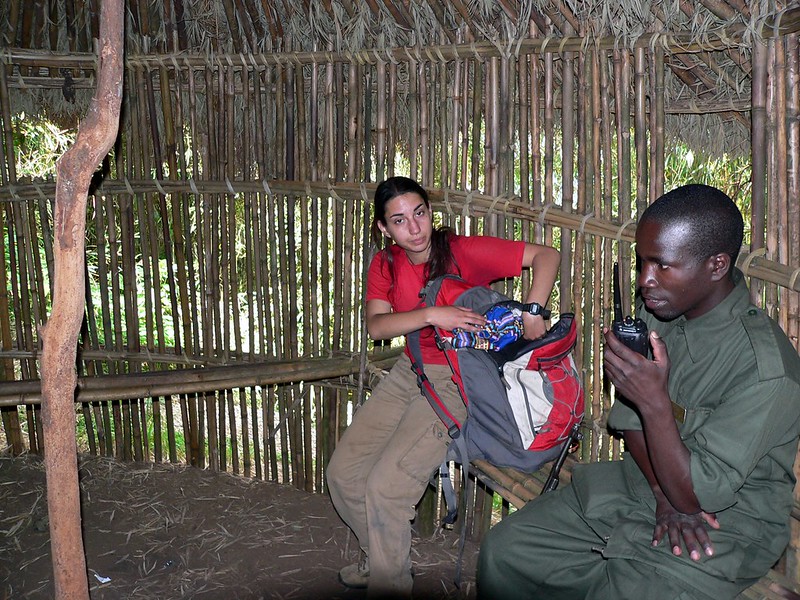Safari Etiquette: 10 Things Not to Do During Your Wildlife Adventure
Safari Etiquette, Embarking on a safari is an exhilarating experience, offering a glimpse into the wonders of the natural world and the majesty of wildlife. However, to ensure a safe, enjoyable, and eco-friendly journey, it’s crucial to understand the dos and don’ts of safari etiquette. In this article, we will explore ten things you should avoid doing during your wildlife adventure, helping you make the most out of your safari while preserving the fragile ecosystem.
Disturbing Wildlife
The golden rule of any safari is to respect wildlife and their natural habitats. Avoid getting too close or attempting to touch the animals. Loud noises and sudden movements may startle them, causing unnecessary stress or aggression. Instead, observe from a safe distance using binoculars and cameras with zoom lenses to capture incredible moments without intruding on their space.
Feeding the Animals
While it may be tempting to share a snack with the adorable creatures you encounter, feeding wildlife disrupts their natural feeding habits and can be harmful to their health. Human food is often unsuitable for animals, and it may lead to dependency or aggressive behavior towards future safari visitors. Admire their beauty but leave the feeding to Mother Nature.
Engaging in Flash Photography
When photographing animals on safari, be considerate of their sensitive eyes and nocturnal habits. Flash photography can startle animals, cause discomfort, and negatively affect their natural behavior. Utilize your camera’s natural light settings or adjust your camera’s ISO and aperture settings for stunning photographs that respect the wildlife’s well-being.
Leaving Trash Behind
Safari parks and reserves are pristine environments, and it’s crucial to keep them that way. Always carry a small bag for your trash and dispose of it responsibly at designated spots. Leaving litter behind not only pollutes the natural habitat but can also harm wildlife if they mistakenly ingest non-biodegradable items.
Making Excessive Noise
Silence is golden on a safari. Animals often rely on their acute hearing to sense potential dangers or prey. Excessive noise disrupts the delicate balance of nature and may cause animals to retreat or hide. Speak softly and avoid unnecessary chatter to increase your chances of witnessing natural behaviors.
Getting Out of the Vehicle Unnecessarily
During a safari, your safari vehicle is your safe haven. Avoid the temptation to step out for a closer look or a quick photo. Safari animals are wild and unpredictable, and stepping out of the vehicle puts you and the animals at risk. Remain seated, follow your guide’s instructions, and enjoy the scenery from the safety of your vehicle.
Ignoring Your Guide’s Instructions
Safari guides are experienced professionals who prioritize the safety of both visitors and wildlife. Pay close attention to their instructions and follow their guidelines without question. Respecting their expertise enhances your safari experience and ensures that you contribute positively to conservation efforts.
Overlooking Conservation Efforts
Safari experiences go hand-in-hand with wildlife conservation. Take the opportunity to learn about the conservation initiatives in place at the reserve or park you visit. Support local efforts through responsible tourism, donations, or volunteering to protect the wildlife and their habitats for future generations.
Dressing Inappropriately
The right attire can significantly impact your comfort on a safari. Avoid wearing bright colors, as they may startle animals or attract unwanted attention. Instead, opt for neutral-toned clothing that blends with the surroundings. Additionally, pack layers to accommodate varying temperatures throughout the day.
Disrespecting Local Culture
Remember that safari destinations often have rich cultural backgrounds and traditions. Embrace and respect the local customs, and be mindful of the cultural norms when interacting with local communities. Engaging in the local culture can enhance your experience and foster a more profound connection with the destination.
LASTLY
A safari is a magical journey into the heart of nature, providing extraordinary encounters with wildlife. By adhering to proper safari etiquette, you can ensure a safe and enjoyable experience while contributing to wildlife conservation. Be kind to nature, wildlife, and local communities, and your safari adventure will leave a positive impact for generations to come. So, pack your camera, binoculars, and an open mind – a thrilling safari awaits! !!!!!!!

